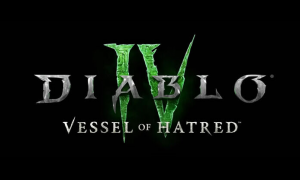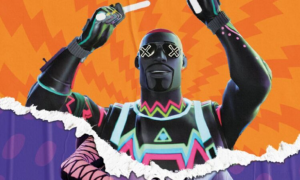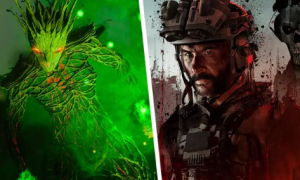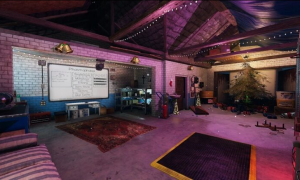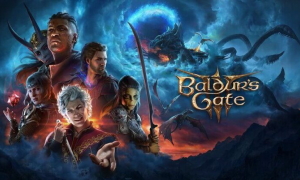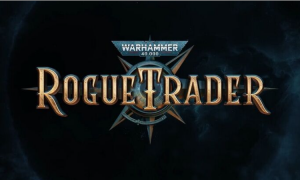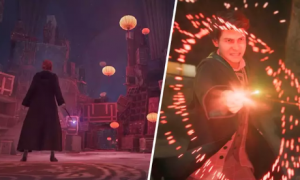Palworld Developer Responds to Nintendo’s Lawsuit, Starts Legal Defense
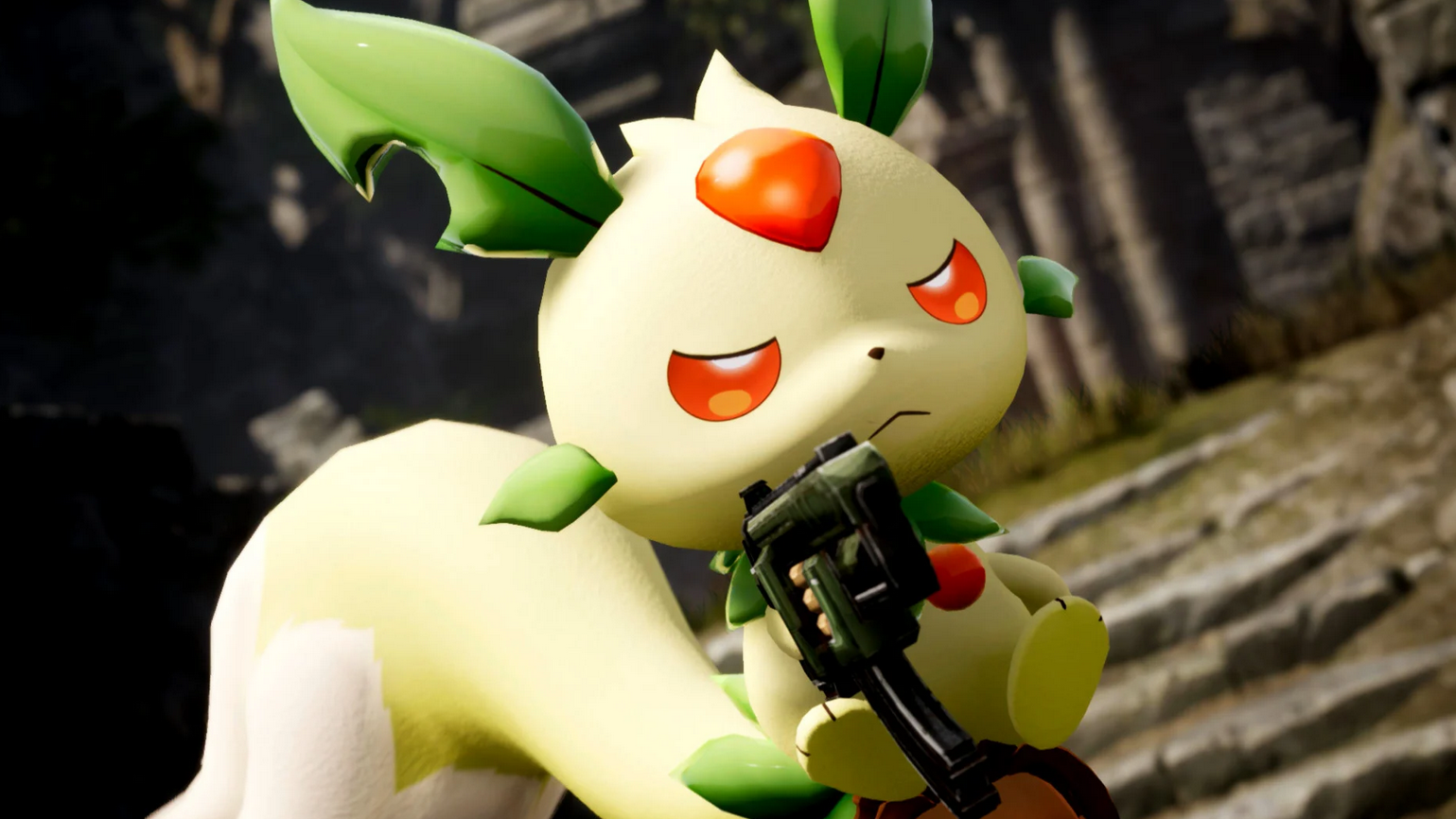
Pocketpair, the developer behind Palworld, has officially responded to the lawsuit filed by Nintendo and The Pokémon Company, stating that it has initiated legal proceedings related to the case. In its preliminary public statement, the company expressed surprise, claiming it is unaware of any intellectual property violations involving its game.
The lawsuit, filed in the Tokyo District Court on September 18, 2024, alleges that Palworld infringes on multiple patents held by Nintendo and The Pokémon Company, which is a joint venture between Nintendo, Game Freak, and Creatures Inc. While the specifics of the case were not initially disclosed, Pocketpair confirmed in its response that it had been notified of the lawsuit and is taking steps to defend itself. The company called the situation “unfortunate” as it will divert attention from the ongoing development of Palworld.
Pocketpair also emphasized that it has not yet been informed of the exact details of the allegations and remains unaware of the specific patents involved. Palworld, a survival game with monster-catching mechanics, has often been compared to Pokémon, particularly for its creature designs and gameplay, leading to speculation about potential copyright issues. However, the lawsuit surprisingly focuses on patent infringement rather than copyright, which is typically harder to prove and enforce in court.
Industry observers have noted that The Pokémon Company holds a large number of patents, many of which are related to core gameplay mechanics—such as the act of capturing creatures using throwable objects, similar to how Pokémon are caught with Poké Balls. Former Pokémon Company attorney Don McGowan has been outspoken about the similarities between the two franchises, calling Palworld a “ripoff” shortly after its release.
Legal experts predict the case could take one to two years to reach a verdict, though the process may extend further based on the complexity of the claims. The outcome of this case could set an important precedent for the gaming industry, particularly regarding the legal boundaries of intellectual property in the rapidly evolving world of video game development.



